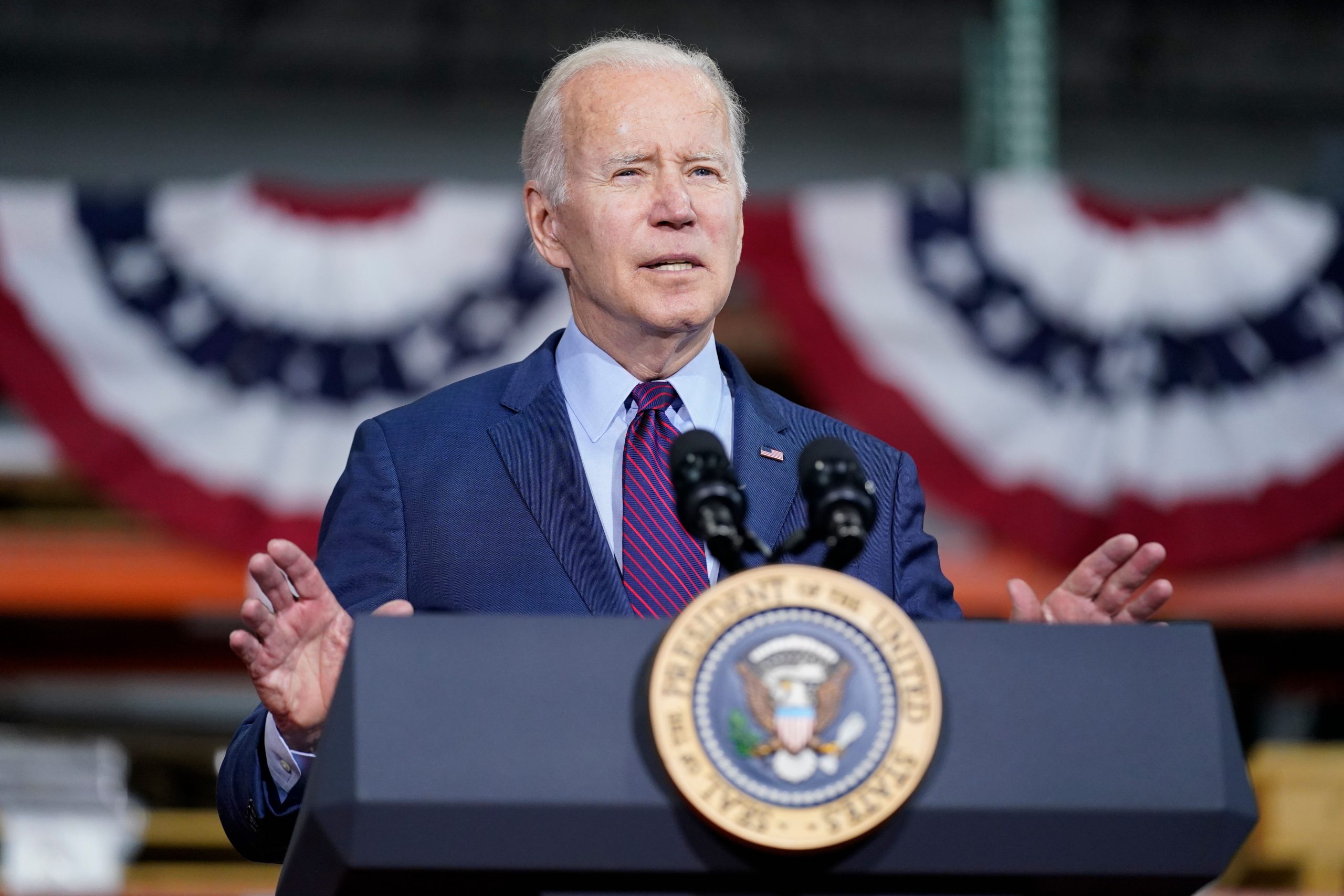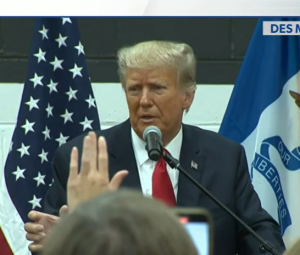United States President Joe Biden on Monday announced that 13 countries have joined a new, US-led Asia-Pacific trade initiative touted as a counterweight to China’s aggressive expansion in the region.
Addressing a press conference alongside Japanese Prime Minister Fumio Kishida said, “The United States and Japan, together with 11 other nations will be launching the Indo-Pacific Economic Framework for Prosperity, or IPEF.”
Also read: China is ‘flirting with danger’: Joe Biden says United States will defend Taiwan if invaded
“This framework is a commitment to working with our close friends and partners in the region on challenges that matter most to ensure economic competitiveness in the 21st century,” he said.
Biden was due to make a formal rollout of the framework later on Monday.
He did not say what countries had already signed up to IPEF, which the White House is billing as a framework for what will ultimately become a tight-knit group of trading nations.
Also read: ‘Waah, where did you learn this?’: PM Modi amazed by Japanese boy’s Hindi greeting
Unlike traditional trade blocs, there is no plan for IPEF members to negotiate tariffs and ease market access, a tool that has become increasingly unpalatable to US voters fearful of undermining homegrown manufacturing.
Instead, the programme foresees integrating partners through agreed standards in four main areas: the digital economy, supply chains, clean energy infrastructure and anti-corruption measures.
Also read: Ahead of Quad meeting, Australia swears in new Labor Party leader as Prime Minister
Biden has pushed to rapidly rebuild strategic military and trade alliances weakened under his predecessor Donald Trump since taking office in 2021.
IPEF is intended to offer US allies an alternative to China’s growing commercial presence across the Asia-Pacific.
However, there is no political will in Washington for returning to a tariffs-based Asia trade deal following Trump’s 2017 withdrawal from the Trans-Pacific Partnership — a huge trading bloc that was revived, without US membership, in 2018 as the Comprehensive and Progressive Agreement for Trans-Pacific Partnership.







